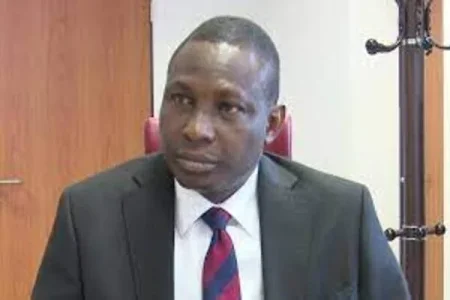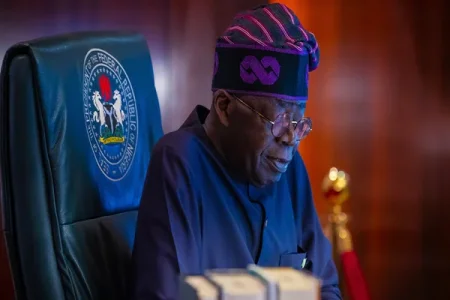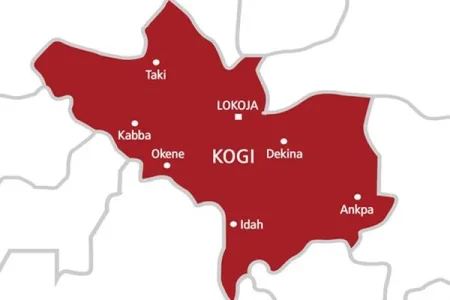
The Economic and Financial Crimes Commission (EFCC) disclosed that a staggering 70% of the country's financial crimes are intricately connected to the banking sector. This revelation unfolded during the 2023 Annual Retreat and General Meeting of the Association of Chief Audit Executives of Banks in Nigeria, where EFCC Chairman, Ola Olukoyede, addressed the pressing issue.
Expressing deep concern, Olukoyede, represented by EFCC’s Director of Internal Audit, Idowu Apejoye, emphasized the escalating prevalence of fraudulent activities within the banking industry. The chairman underscored the gravity of the situation, highlighting the challenges this trend poses to the commission's efforts to maintain financial integrity.
"Broadly speaking, banking fraud in Nigeria is both inside and outside related," remarked Olukoyede. He elucidated on the internal aspects, citing practices such as the outright selling of customers' deposits, unauthorized loan facilities, and forgery. On the external front, he outlined issues like hacking, ATM fraud, and various conspiracies. Of particular concern was the collaboration between internal and external actors, which he deemed "absurd" as it undermines the very fabric of the financial system.
"It is estimated that about 70 percent of financial crimes in Nigeria are traceable to the banking sector. This scenario is disturbing and unacceptable," he asserted, shedding light on the magnitude of the challenge facing Nigeria's financial institutions.
Recognizing the complexity of the issue, Olukoyede called for collaborative efforts from relevant authorities and industry professionals, specifically urging audit executives to play a proactive role in combatting fraudulent activities within the sector. The call for unity and vigilance underscores the urgency to safeguard the financial sector from both internal and external threats.
As the EFCC continues its mission to combat financial crimes, the spotlight on the banking sector's role in these illicit activities raises critical questions about the state of financial governance in Nigeria and the necessary measures to restore public trust.




